Boston African American National Historic Site
Centered on the north slope of Beacon Hill, the African American community of 1800s Boston led the city and the nation in the fight against slavery and injustice. These remarkable men and women, together with their allies, were leaders in the Abolition Movement, the Underground Railroad, the Civil War, and the early struggle for equal rights and education.
Site administrative offices are located at 15 State Street. However, Ranger programs begin at either the Robert Gould Shaw Memorial on Beacon Street, or at the Museum of African American History at 46 Joy Street on Beacon Hill.
- Guided Tours
- Self-Guided Tours - Walking
- Museum Exhibits
- African American Heritage
- Social Movements
- Abolition Movement
- Wars and Conflicts
- Civil War
The African Meeting House
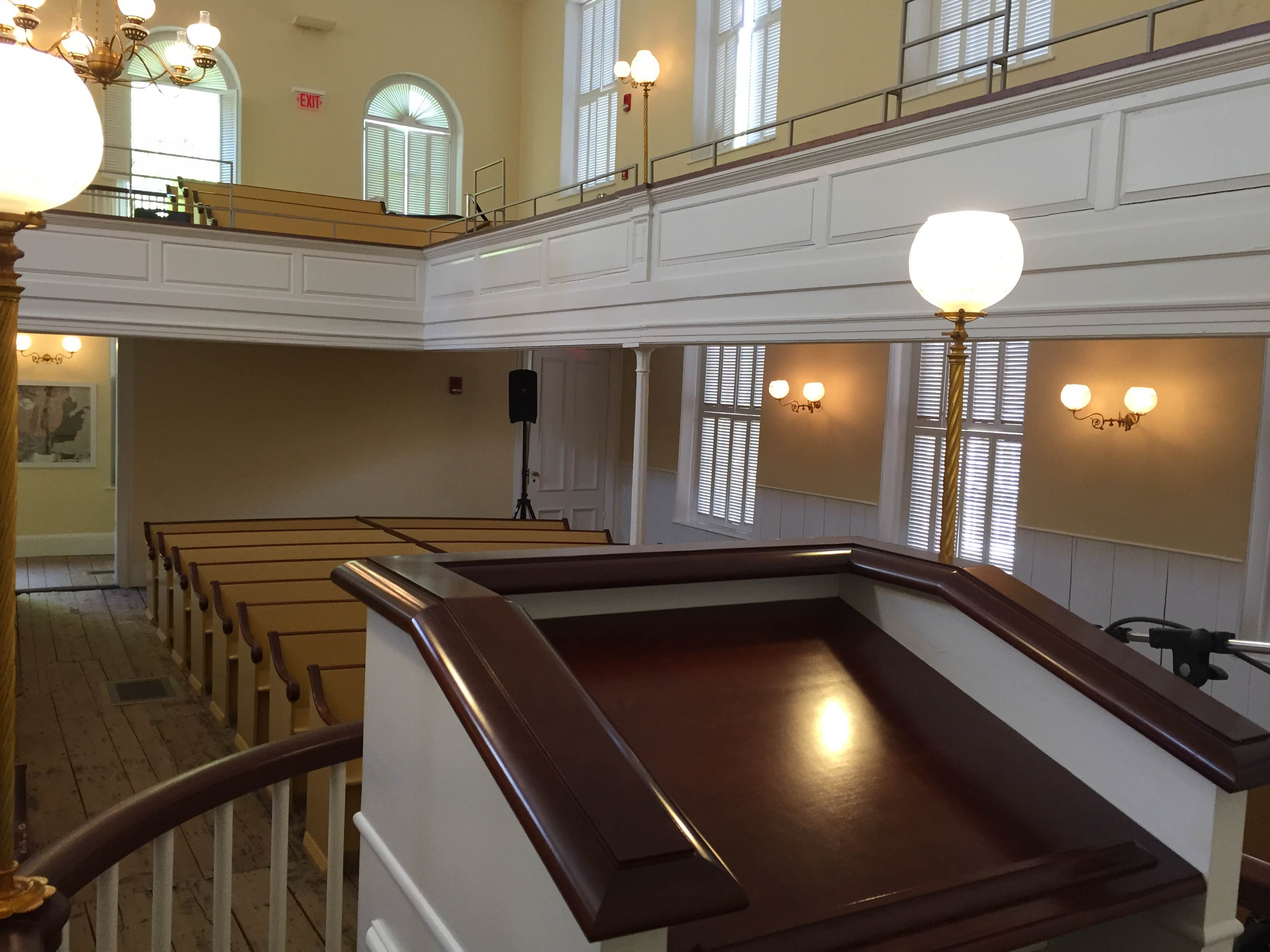
The African Meeting House served as the religious, educational, and political center of Boston's 19th century African American community.
The William Cooper Nell House
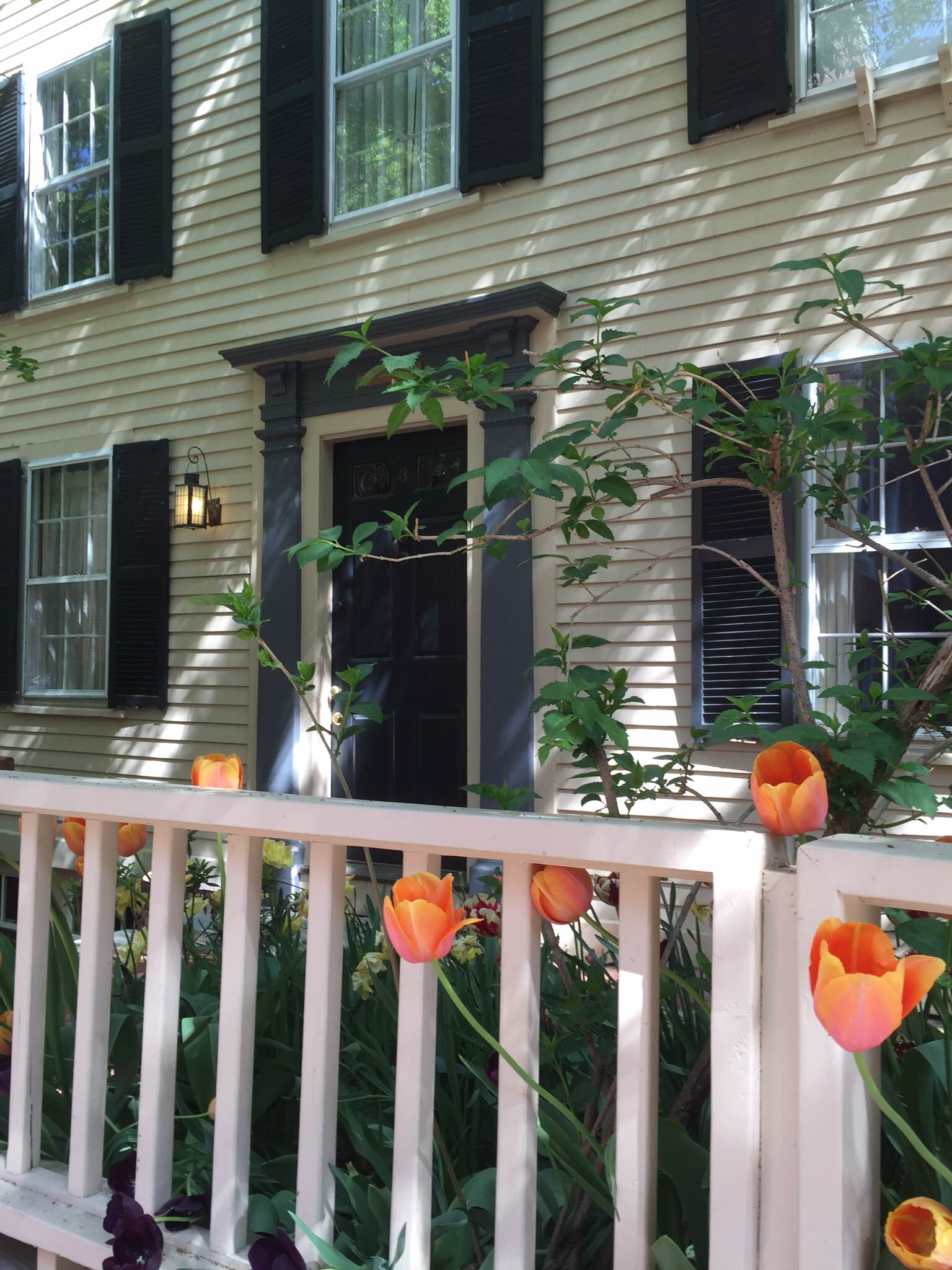
This is the home of education activist, abolitionist, and historian William Cooper Nell.
The Robert Gould Shaw Memorial
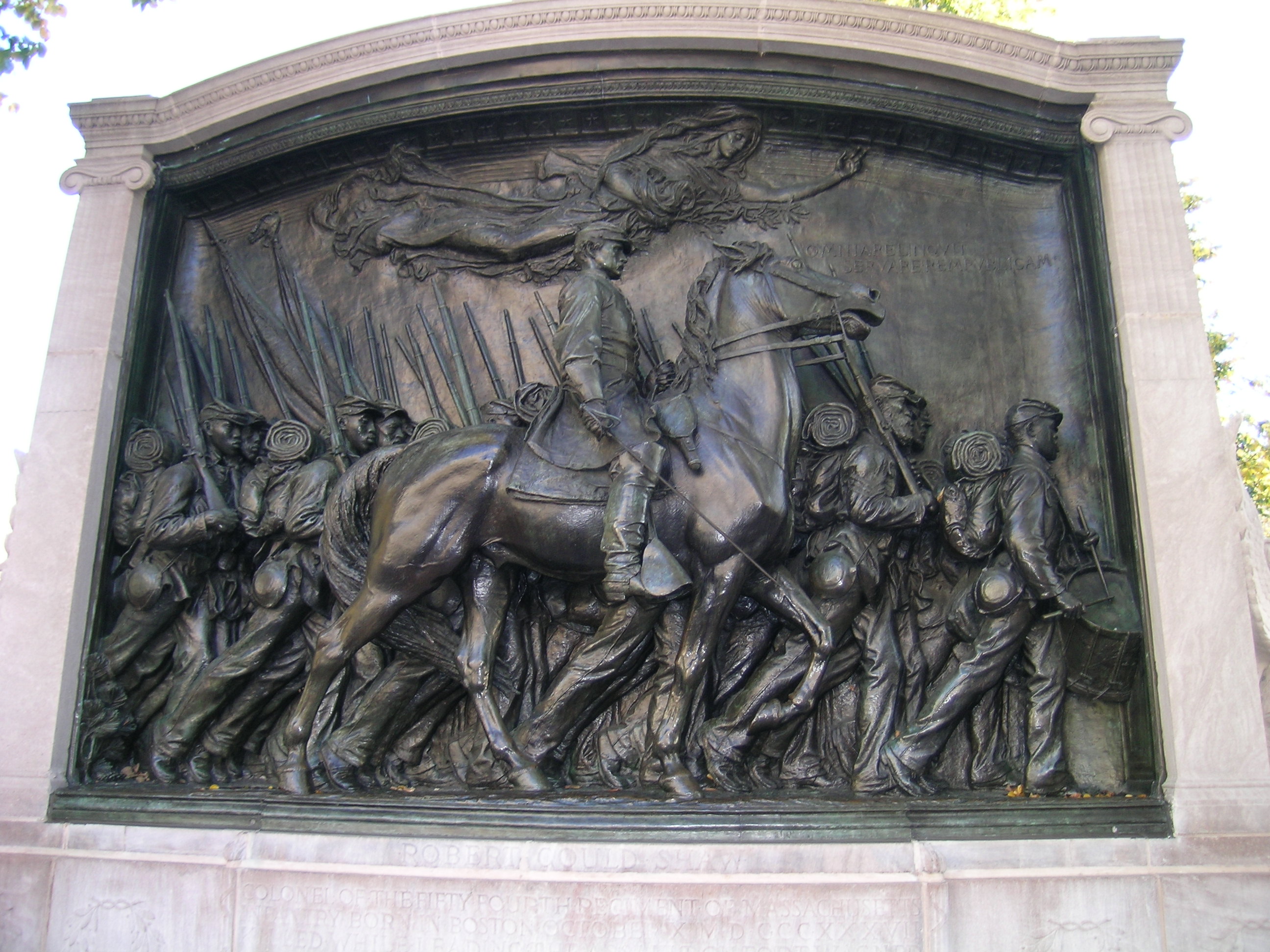
The Robert Gould Shaw Memorial honors Colonel Shaw and the Massachusetts 54th, the first African American regiment from the North to fight in the Civil War.
Flowers at the Shaw Memorial
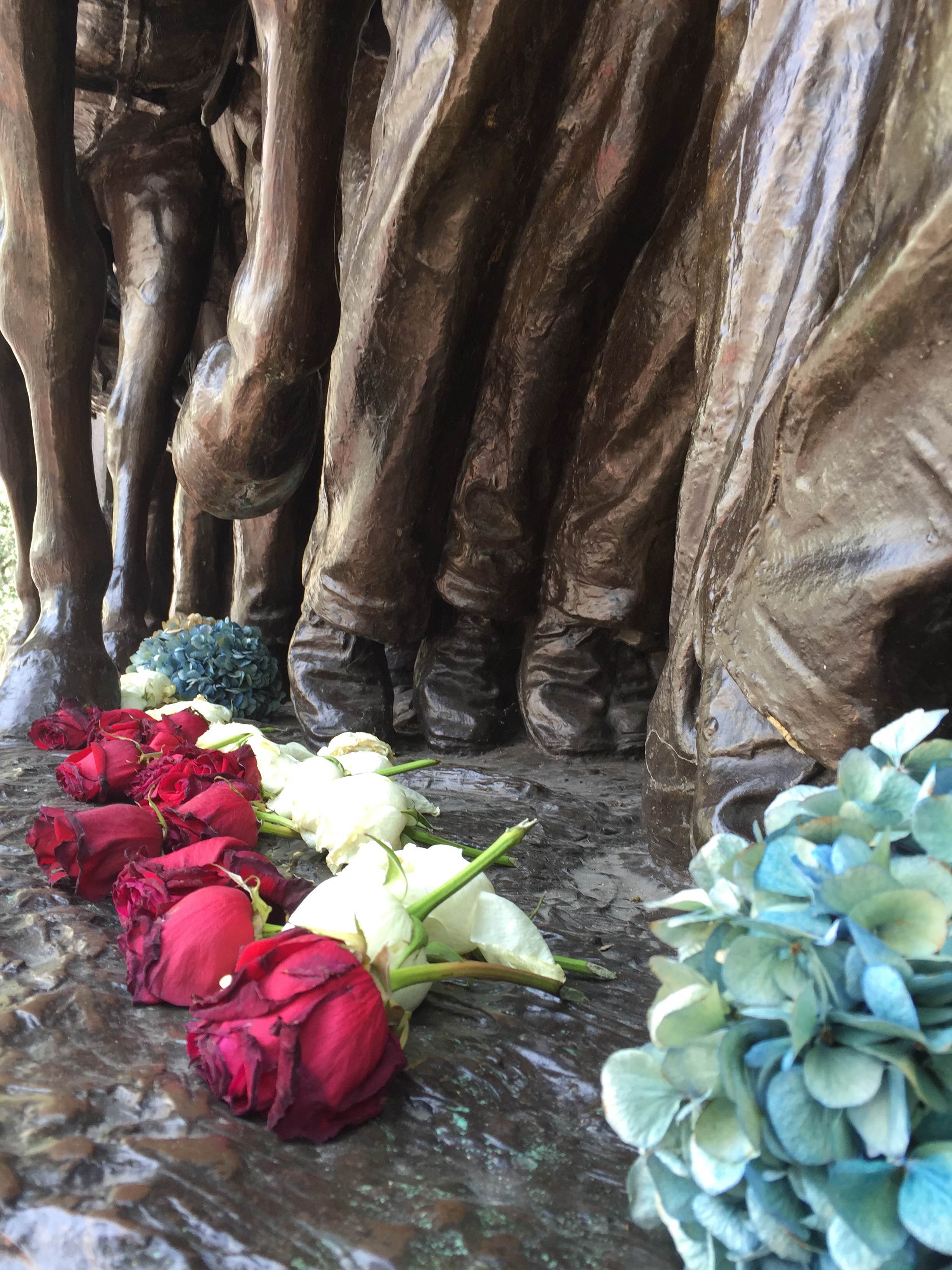
Flowers laid at the feet of the soldiers on the Robert Gould Shaw Memorial.
The Lewis and Harriet Hayden House
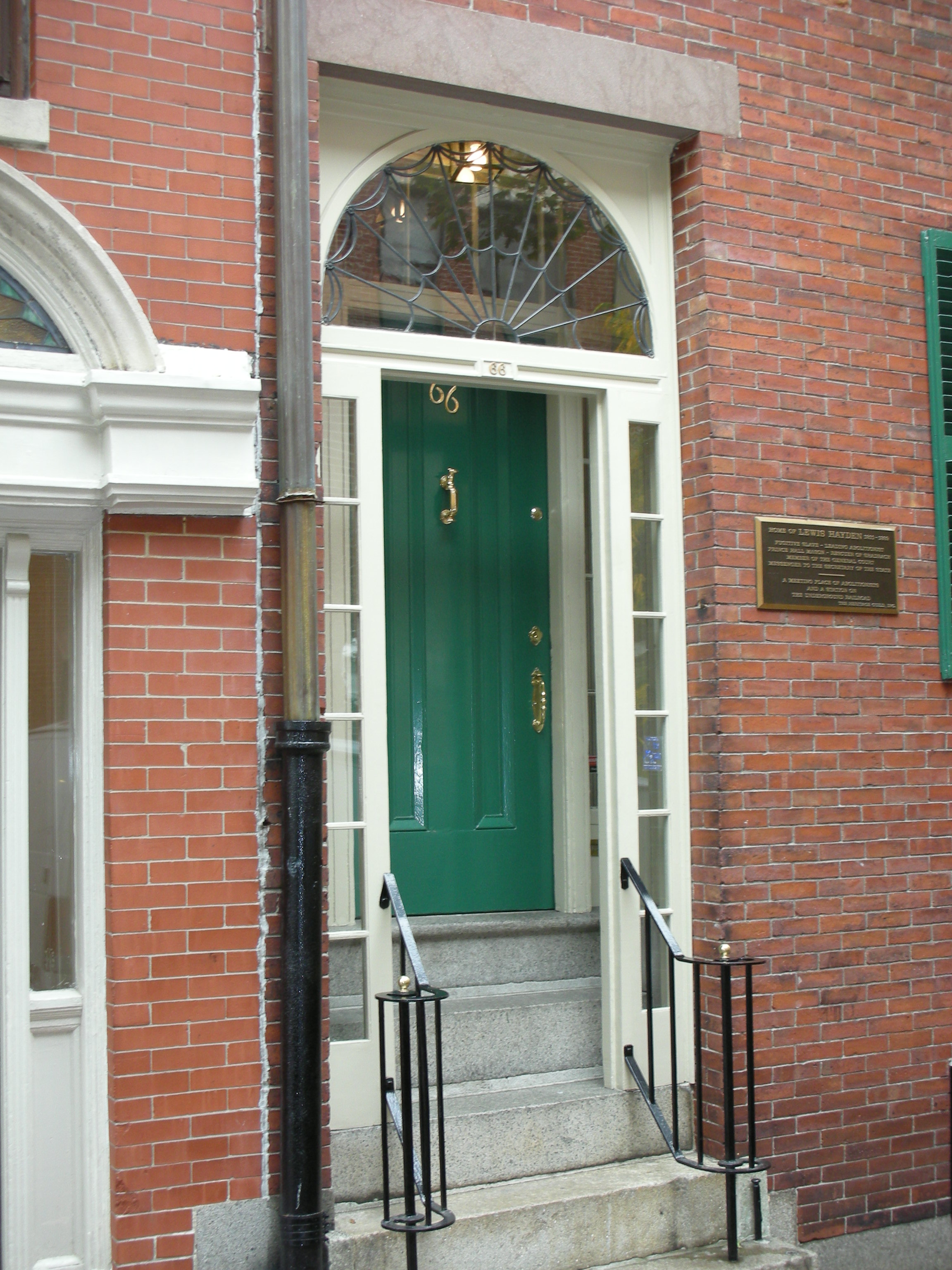
Lewis and Harriet Hayden used their home as an Underground Railroad safe house to shelter those running away from slavery.